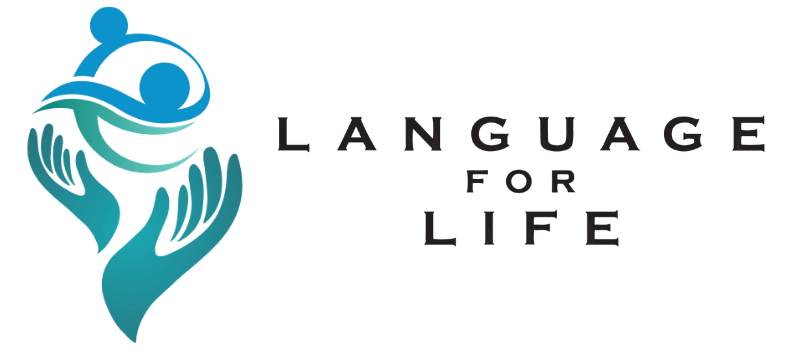On October 3rd, 2024, the National Disability Insurance Scheme (NDIS) was reviewed and modified to explain in detail the supports and funding for participants in the scheme. The purpose of these updates is to clarify what supports are available, and in what manner can funding be utilized. In this blog, we will outline the major changes you need to be aware of to efficiently plan and use the NDIS so that you are fully informed of the options and rights available.
Key Changes in the NDIS Legislation
1. New Definition of NDIS Supports
The final NDIS support lists, effective from October 3, 2024, are important to both participants and providers. This update is the first review of support lists after the commencement of NDIS. This combines positive and negative lists and clarifies the scope of the funding – what it can and cannot cover. There are also provisions for substitution in the lists, where the participants can ask for a replacement support for better results. However, it is important to note that participants can only request substitution under certain circumstances. The NDIA will review these requests on a case-by-case basis, ensuring that the alternative achieves better or comparable outcomes at no additional cost.
It is worth mentioning that there are also new assistive products such as sanitary items meant for persons with disabilities, building modifications, and specialized driver training. Significantly, there will be a one-year transitional period during which the NDIA will hold a compliance education approach to support the participants in coping with the changes. This initiative seeks to bring the Scheme back to its original intent, enhancing the participant experience while receiving extensive community feedback.
Approved and Prohibited Lists: Starting from 3rd October, participants will only be allowed to access goods and services that are categorized as approved supports, using their NDIS funds. Furthermore, every NDIS participant should be informed that there are supports for which NDIS funding is not applicable, such as the category for sexual services that is listed as prohibited supports.
Replacement Rule: Substitution of supports that are not usually funded could, in some circumstances, be requested by participants. However, the NDIA will consider these requests on a case-by-case basis, including whether the alternative support will achieve the same or better outcome at the same or lower cost.
The NDIS does not provide services that are unlawful, harmful, nor does it fund services that are already provided by other systems. Its scope is limited to service delivery which is necessary for addressing the disability specific needs, and therefore, it does not overlap with other systems like health or education.
2. Participant Plans and Plan Management Changes
The updates to the NDIS have also included enhancements on how the participant plans are created and managed.
Plan Reassessments: Effective from October 3rd, new and reassessed plans will come with total budget amount, component funding amount and funding periods. This is to assist participants, especially in multi-year plans, in managing their budgets more effectively.
NDIA’s Power to Modify Plan Management: The NDIS now has gained more authority to modify how a participant’s plan is managed if the participant requires additional assistance regarding the management of funds. This is intended to enable participants to receive the right assistance to upkeep their plans. The one-year compliance education period is also applied here, allowing participants to learn how to navigate the new rules over the next year without fear of immediate penalties.
3. Supported Decision-Making and Flexibility in Spending
The legislation encourages supported decision-making, where participants decide on their plans with the necessary assistance rather than defaulting to another appointed decision maker. This gives participants more control over their choices.
The recent legislation also improves plan funding flexibility enabling participants to spend their funds across different support categories within their budget. Nevertheless, the NDIA still has the authority to make certain that participants are utilizing their funds as per their criteria.
What These Changes Mean for Participants
These changes offer a number of apparent advantages to the participants but also include some additional procedures:
Greater Transparency: The categories of supports covered by NDIS have become more detailed to include lists on what is covered or excluded, hence reducing the grey areas for participants.
More Control with Support: Supported decision-making practices empower users to make educated choices about their support and enhance the sense of independence.
Flexibility in Plan Management: The flexibility in spending is also an improvement, as it enables the participants to change their supports, as needed, without administrative delays.
Nevertheless, the participants ought to also prepare for the fact that they will be under closer analysis as to how they will spend the funds, and it is important to keep updated with the compliance requirements to avoid potential penalties.
Conclusion
The intent of the latest NDIS legislation is to make the services more efficient, to provide enhanced support to the participants on taking charge of decisions made on their behalf and improving the clarity regarding funding. Although these modifications appear to enhance participant control and liberty, the focus on compliance and the implementation of hard regulations on how the funds can and cannot be used imply that the participants must be well informed and active in the management of their plans.

